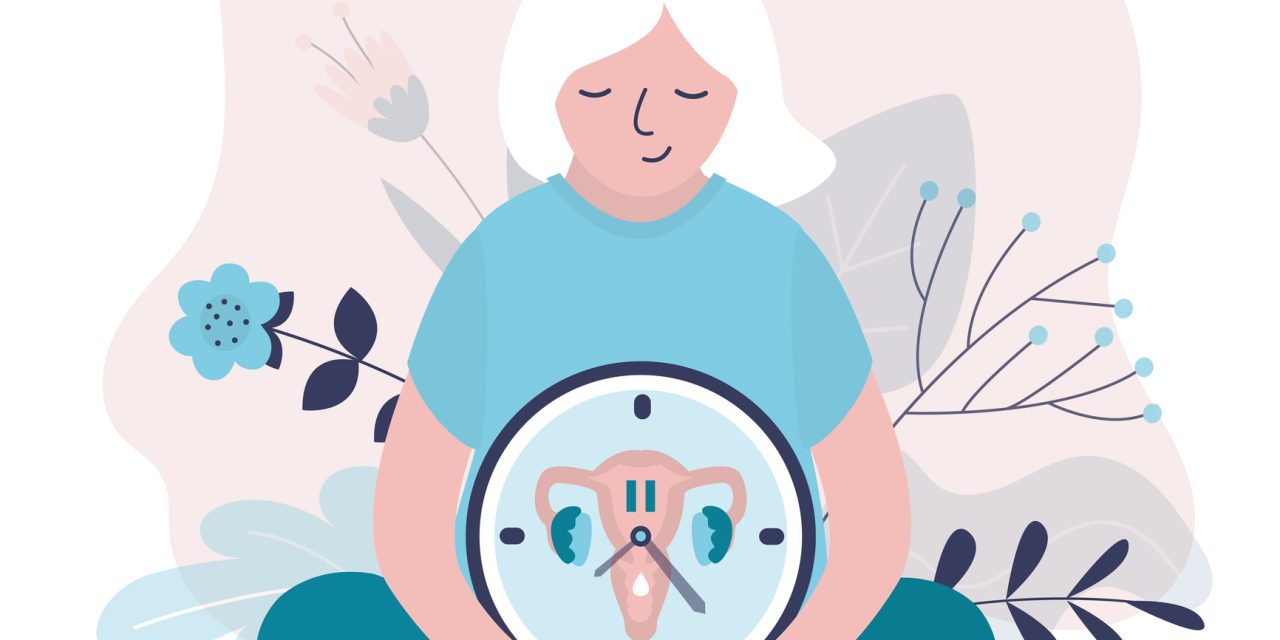We aimed to explore the relationship between intakes of food-derived antioxidants (zinc, vitamin E, β-carotene, and selenium) and semen parameters in an infertile male population. This is a cross-sectional study among infertile men (> 18 years) referred to Isfahan Fertility and Infertility Center in Iran from March 2019 to October 2019. The main outcome measures were semen volume, sperm count, concentration, total motility, and morphology. Micronutrients considered in this analysis were zinc, selenium, β-carotene, and vitamin E. A total of 350 infertile men with a mean (SE) age of 34.77 (0.42) were included in this study. Selenium intake tended to be positively associated with higher semen volume (β = 0.79; 95% CI: - 0.01, 1.59) and sperm total motility after adjustment for main confounders (β = 2.64; 95% CI: - 3.61, 8.89). Intake of β-carotene was only associated with higher sperm total motility (β = 5.46; 95% CI: - 0.84, 11.77). No significant association was detected between intakes of zinc and vitamin E and semen parameters.In a population of infertile adult men, selenium intake was associated with higher sperm total motility and semen volume, and in the case of β-carotene, better sperm total motility. Further, prospective studies are warranted.© 2021. The Author(s), under exclusive licence to Springer Science+Business Media, LLC, part of Springer Nature.
The Association Between Dietary Antioxidants and Semen Parameters: A Cross-Sectional Study Among Iranian Infertile Men.


